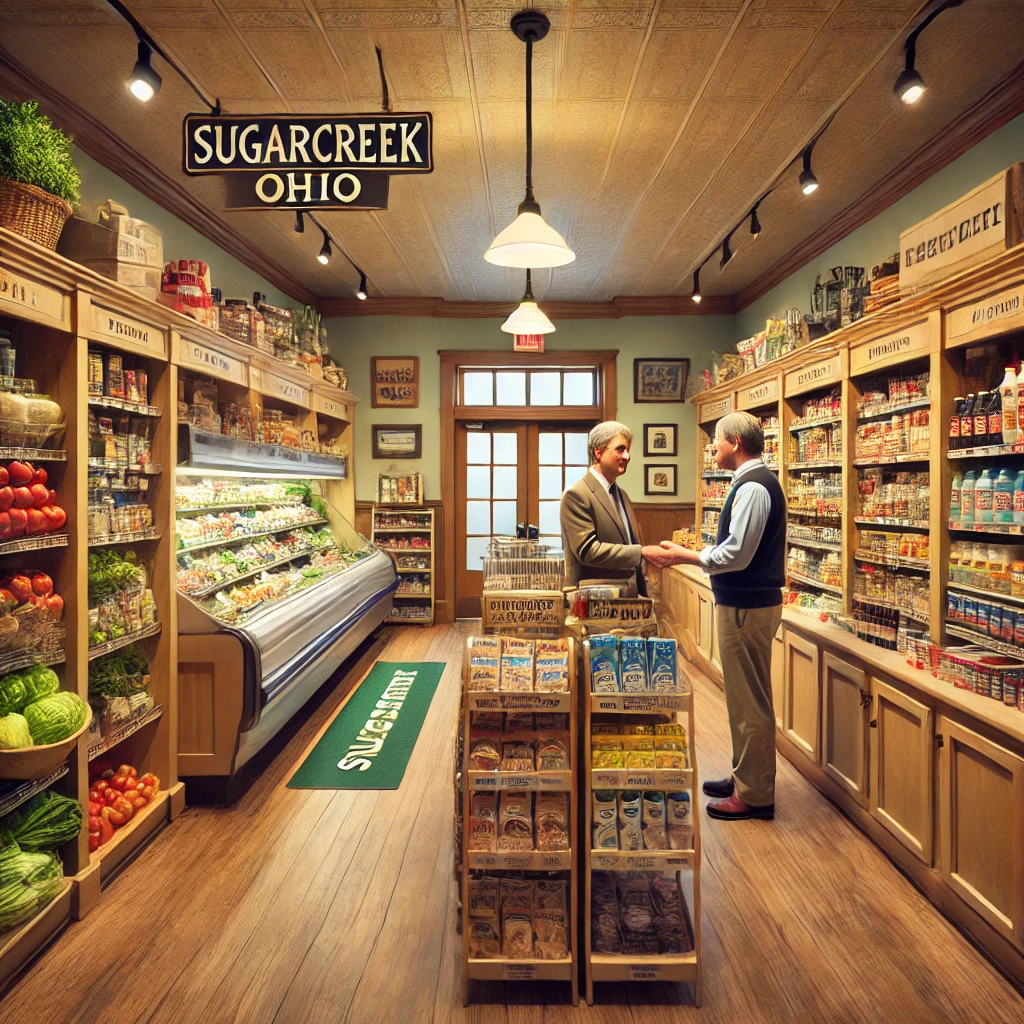
Running a grocery store means juggling countless responsibilities—from managing inventory to keeping customers safe. One critical aspect often overlooked until it’s too late is liability insurance. But it’s more than a safety net for costly lawsuits; grocery store liability insurance can be a strategic partner that strengthens your business’s resilience and long-term success.
Why Grocery Store Liability Insurance Matters
Every day, grocery store owners face risks that could lead to expensive claims: slip-and-fall accidents, product recalls, foodborne illnesses, or other injuries. Without proper liability coverage, these incidents can threaten your store’s financial stability and reputation. According to the Insurance Information Institute, liability insurance protects businesses by covering legal fees, settlements, and damages from third-party claims, helping keep your business running even when unexpected setbacks occur.
Understanding these risks is the first step in safeguarding your grocery store. But liability insurance shouldn’t just be a reactive expense you hope never to use. When approached strategically, it becomes an active tool to manage and mitigate risks before they escalate.
Reframing Insurance: From Safety Net to Strategic Partner
Many see insurance as a necessary evil—a cost rather than an asset. It’s time to change that. Insurance should ease your stress, guiding you through your grocery store’s specific risks and helping you build a tailored risk management plan.
Assessing Your Unique Risks
No two grocery stores face the exact same risks. Slip-and-fall injuries may be common, but your store’s location, size, customer base, and product offerings shape a unique risk profile.
A thorough risk assessment considers factors like:
- Physical hazards: wet floors, poor lighting, cluttered aisles
- Product-related risks: allergen exposure, mislabeled or expired items
- Employee safety: training gaps, equipment use, handling procedures
- Security threats: shoplifting, cyber risks from online orders
Data-driven risk evaluation is key. Companies like Verisk Analytics use advanced analytics to uncover risk factors that might not be immediately obvious. Partnering with an insurance agency that leverages this insight ensures your coverage precisely fits your needs.
Customizing Your Liability Coverage
Once risks are identified, your policy should fit those risks without unnecessary costs.
- General Liability: Covers customer injuries or property damage.
- Product Liability: Protects against claims from foodborne illnesses or defective products.
- Worker’s Compensation: Addresses workplace injuries and related claims.
- Cyber Liability (optional): For stores with online ordering, guarding against data breaches.
Work with experts who understand your grocery store’s unique risks to tailor coverage that balances protection and cost: Customize your coverage with our experts.
Preventing Risk Through Proactive Measures
Insurance isn’t just about coverage—it’s about prevention. Training your staff on safety protocols, keeping aisles clean and well-lit, and enforcing food safety standards reduce the chances of claims. The National Safety Council reports businesses investing in employee training experience fewer accidents and claims.
An insurance partner should support these efforts by providing resources and guidance, transforming insurance from a passive shield into an active risk management tool.
Real-World Benefit: A Case in Point
A local grocery store once faced a slip-and-fall claim after a customer fell on a wet floor. Thanks to proactive risk management and comprehensive liability coverage, their insurance swiftly handled the legal fees and settlement, allowing the business to continue operating without financial strain.
This shows how the right insurance—combined with prevention—minimizes disruption and protects your store’s reputation.
Reviewing and Updating Your Coverage
As your business evolves, so do your risks. Customer traffic fluctuates, regulations change, and new threats emerge. Regularly reviewing your policy ensures coverage keeps up with your current risk profile.
Don’t wait for an incident—start your proactive risk assessment today by getting a free, personalized quote for grocery store liability insurance: Get a free quote tailored for grocery stores.
Explore More Insights and Strategies
Staying informed sharpens your risk management. Explore more expert insights to anticipate challenges and adapt your insurance strategy effectively: Explore more insights on insurance strategies.
Final Thoughts:
Liability insurance for your grocery store isn’t just a safety net—it’s a dynamic partner empowering you to proactively manage risks. By customizing your coverage, investing in prevention, and regularly reviewing your policy, you’re positioning your business to thrive in an unpredictable world.
Ready to rethink your grocery store liability insurance? Contact us to protect your business with insurance that actively supports your resilience. Speak with someone who understands your business or start online now to get a free quote: Contact us to protect your grocery store.
The smartest insurance isn’t just reactive—it’s your business’s proactive partner in resilience.
Frequently Asked Questions
- What does grocery store liability insurance typically cover?
It covers claims related to bodily injury, property damage, product liability, and sometimes cyber risks depending on your policy. - How often should I review my liability insurance coverage?
At least annually, or whenever significant changes occur in your business operations or risk profile. - Can liability insurance help me prevent accidents?
While it doesn’t prevent accidents directly, many insurers offer resources and guidance to help you reduce risks proactively. - Is product liability coverage necessary for all grocery stores?
If you sell packaged or prepared foods, product liability coverage is strongly recommended to protect against foodborne illness or defective product claims. - How do I get started customizing my liability insurance?
Reach out for a personalized risk review—our team will help you understand risks and build the right plan for your store.
